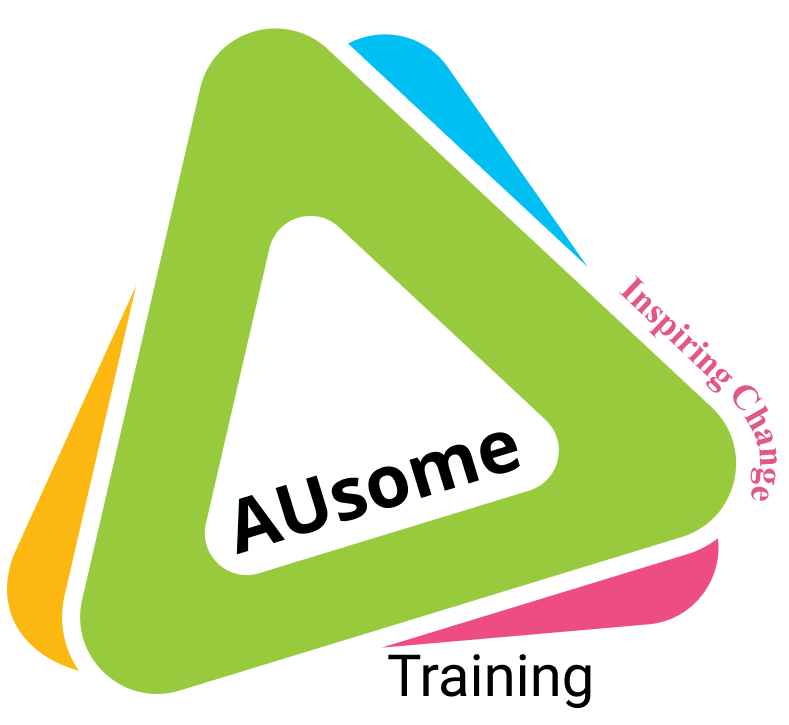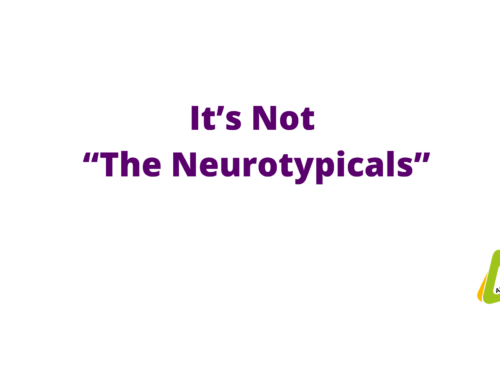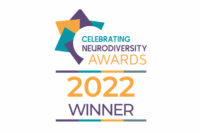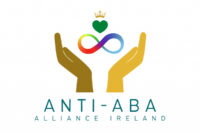There are many signs of autism. No doubt you will come across lists of deficits. But we don’t usually define people by what they are not so in this article I will define us by what we are. Also many of these “signs of autism” are automatically framed as a tragedy. Actually what is often described as sign of autism or “red flags” of autism are just perfectly normal human things which I explain more in other articles.
The signs of autism usually listed are listed by professionals so those signs are also based on their perception and their medicalised ideas. Here’s what I mean when I talk about “signs of autism”.
Signs of being Autistic
- We are connected to everything so we feel deeply. We feel the pulse of the world. Oneness with our world.
- We can spot changes in patterns and are natural problems solvers because of our connection to the world. And because of they way we process and store information. Autistics think Autistically.
- Autistics empathise and many of us can feel other people’s feelings. We are not ok until everyone else is ok. That includes how others feel towards us (pain of social rejection).
- Autistics are highly attuned or very sensitive to the world around us and the people in it. We can hear things that others can’t hear, notice things others don’t etc. This can be overwhelming if the sensory environment is hostile.
- A hostile environment is an environment that has too much in it for us to process. An environment can be hostile for any human being. They do not have to be Autistic. Let’s take an average person who has an average tolerance for sensory input. Imagine them sitting in a room, with a siren going off, strobe lights flashing too close to their eyes, a baby crying in the background, the ground shaking, a weird noise in the walls that they can’t identify and an itchy foot that you’re not allowed to scratch. How long do you think they’d last without reaching sensory overload?
- Many of us find peace in nature.
- Some people think that our senses can’t process input properly but that’s because they are basing our experience on theirs. My friend and colleague Stiof MacAmhalghaidh once said
“It’s not the senses, it’s what the senses sense”.
Stiof MacAmhalghaidh (MAQQI)
We are taking in a lot of input from our environment, We stim to filter this input so it is essential that we do that. If people interfere with our stimming then we cannot process what’s coming in and it can lead to overload. (This is just one function of stimming)
- Autistics have often saved others because of our sensory capabilities (smelling smoke, hearing danger etc). We need to talk about our sensory capabilities more.
- In Autistic culture everyone is equal, there is no social hierarchy. If you’re a kid seeking clarification or questioning an adult that can be sometimes misinterpreted as “cheeky”. That is because we impose this hierarchy on children and some adults feel that they should not be questioned by children.
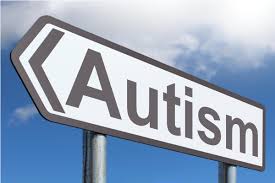
When we are kids…
- As children we investigate our world Autistically and we figure out how things work through our play. (Lining up, spinning wheels etc).
- We are in constant communication with our world, not just the people in it. The Late Mel Baggs explains this beautifully in their short video In my language
- We are self teachers . We are Autodidactic learners.
- Autistic kids play alongside (parallel play), which is reflective of our nature and culture.
- We can enjoy sharing space with someone. Sometimes words are unnecessary.
- Because we see everyone (and often animals / nature) as equal to ourselves we have a strong sense of justice and fairness. We can often stand up for others, get upset because others are upset or mistreated. Not afraid to go against “norms” when they are unjust or illogical. Just look at Greta Thunberg!
- We are very accepting of diversity and don’t need everything explained or studied in order to accept
Things people often confuse with autism…
- Some people in our community have medical conditions , mental health conditions, motor disorders, intellectual disabilities which complicate their lives. Just like every other community. People often describe this is a “spectrum”.
- Because the world rejects us as we are we can develop lots of conditions. These conditions include anxiety, stress, depression and PTSD and CPSTD. Rates for these conditions are higher in Autistic Community than general public. PTSD and CPTSD, anxiety etc can heighten an already sensitive sensory system, Often reactions to stress etc are inaccurately referred to as “Autistic Behaviours”.
- The world tells us we are wrong. Autistics are pathologised in DSM and many try to fix us.
- Our sensitivities are often dismissed (the sound sensitive child covering ears and saying it’s too loud).
- We are often forced to mask who we really are, to hide our pain and discomfort so that other people can feel better around us.
- Our Average Life Expectancy is 36-54 years and we are NINE times more likely to take our own lives than the general public. That is why we need Acceptance and changes around what is deemed “appropriate”.
